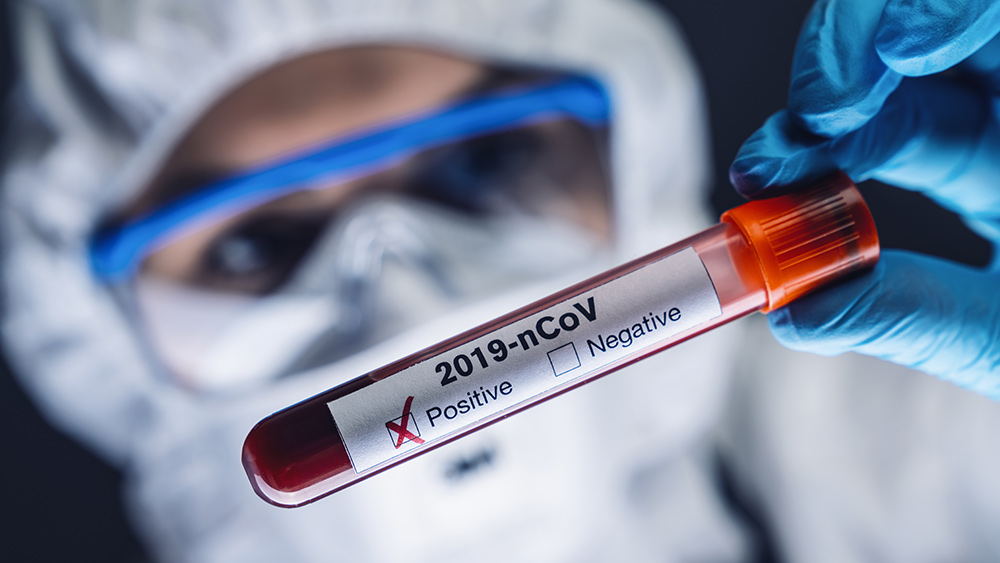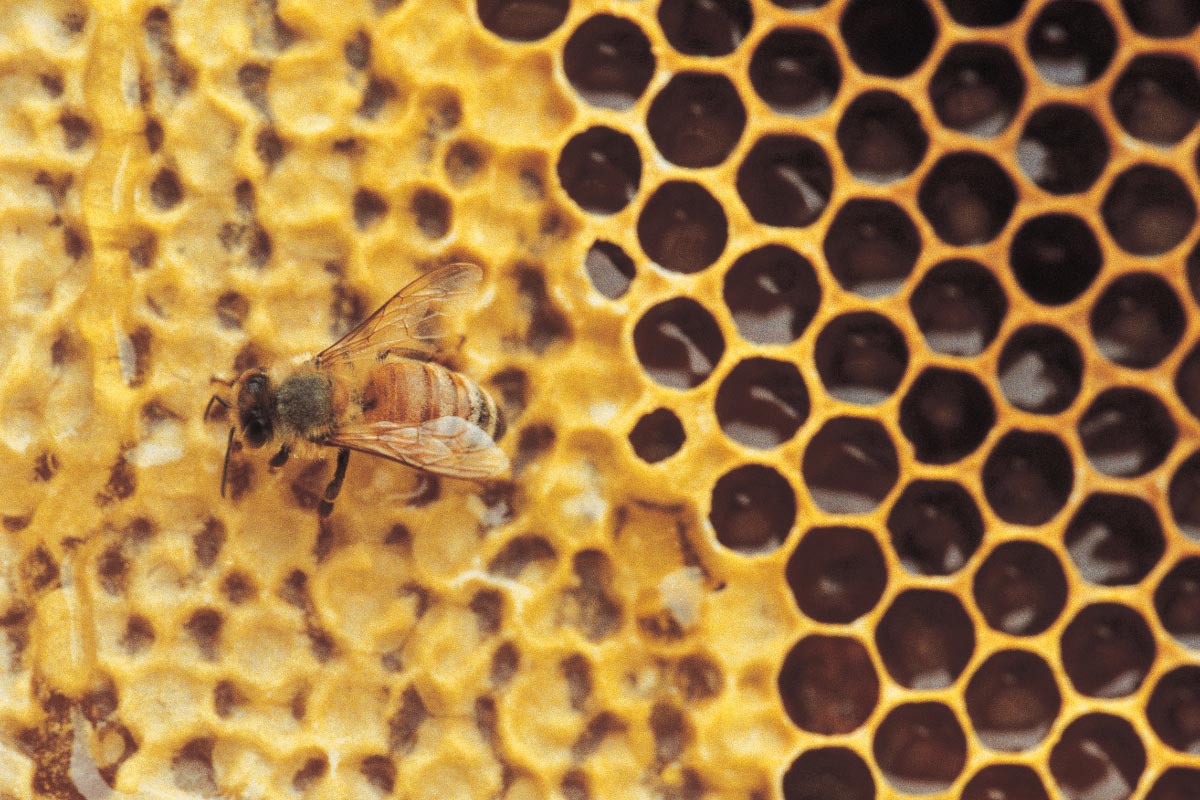Statins are a SCAM: International study confirms cholesterol does NOT predict heart disease
07/14/2020 / By Isabelle Z.

If you’ve been trying to keep your cholesterol down in hopes of avoiding a heart attack, you might be barking up the wrong tree. That’s because an international study has shown that LDL cholesterol does not actually predict a person’s risk of heart disease after all. This also means that the statin drugs that so many people take around the world to lower their cholesterol are likely useless as well.
The study was published last year in the prestigious European Heart Journal. It was aimed at identifying whether a new group of blood lipids, ceramide lipids, is a better way to predict heart attack risk in those with coronary heart disease.
Even though LDL cholesterol is widely used as a marker for identifying a person’s risk of heart disease, the study found it is not a very effective way of identifying people at the highest risk of heart attack or cardiovascular death.
Instead, the ceramide lipid diagnostic tests were found to more accurately identify those at risk. These tests measure ceramide lipids using mass spectrometry.
The ramifications of using the wrong indicator are tremendous when you consider that cardiovascular disease is the top cause of death around the world. To wrongly identify LDL cholesterol as a major cause of heart disease and use statin drugs to suppress cholesterol thinking it may be helping a person’s heart could prove to be a deadly error.
However, it is welcome news if it means that more people could avoid taking statins and being exposed to the more than 300 side effects that have been associated with them. One big problem is their ability to cause liver damage, but they’ve also been linked to higher blood sugar and memory problems. One study showed that taking statins could also speed the process of aging given their effect on cells’ ability to repair themselves.
Of course, there’s a lot of money to be made from statins, with Lipitor earning Pfizer $2 billion per year in sales even though its patent expired nearly a decade ago. It’s also worth noting that some studies have actually shown that cholesterol is good for the human body and can even decrease mortality. It could offer protection against infections, atherosclerosis and cancer.
Unfortunately, one out of every five Americans has been prescribed a statin drug, with experts insisting that as many as 10 million more people supposedly need to take this type of drug. Some of the guidelines in use could actually result in as much as 40 percent of those aged 40 to 75 taking these drugs.
It’s about what you eat, not the medicine you take
If you want to keep your risk of heart disease down without turning to dangerous drugs that may not even work, consider eating a healthy diet.
A study in the New England Journal of Medicine showed that the Mediterranean diet can reduce a person’s risk of heart disease, stroke and death from heart disease by 30 percent compared to a typical low-fat diet. That’s because it uses mono- and polyunsaturated fats instead of saturated and trans fats. Rich in olive oil, nuts, fruits, vegetables and fish with moderate wine consumption and very little processed food, this way of eating is incredibly heart healthy.
Of course, statin makers don’t want you to know that healthy eating can work far better than their profitable pills, nor do they want you to know that going after your cholesterol levels may not really be effective anyway. Why take on the risks of these drugs when you could make such a big impact by cleaning up your diet?
Sources for this article include:
Tagged Under: bad doctors, Big Pharma, cardiovascular disease, cholesterol, heart attack, heart disease, LDL, prescriptions, rigged, statin drugs, statins




















